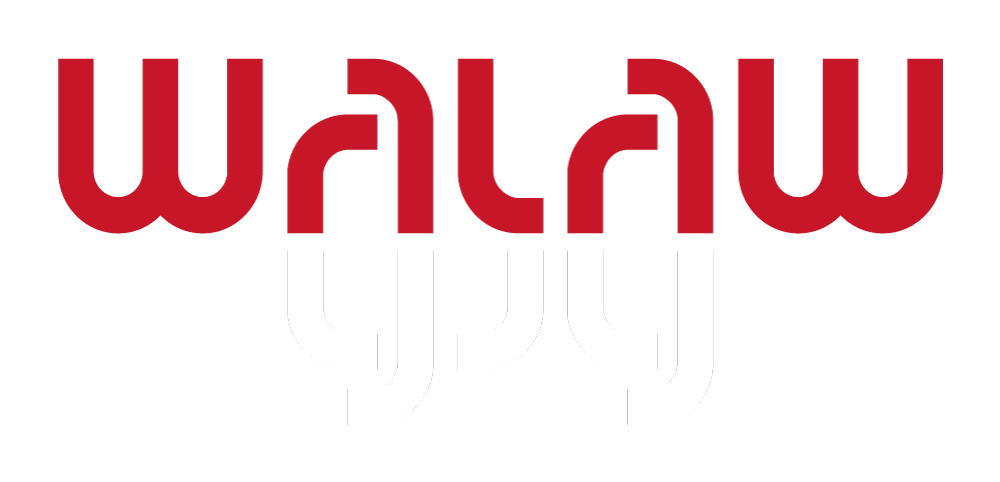-
18:00
-
17:40
-
17:20
-
17:00
-
16:50
-
16:30
-
16:00
-
15:40
-
15:20
-
15:00
-
14:40
-
14:20
-
14:00
-
13:30
-
13:00
-
12:40
-
12:20
-
12:00
-
11:40
-
11:20
-
11:00
-
10:40
-
10:20
-
10:00
-
09:30
-
09:00
-
08:30
-
08:00
-
07:30
-
07:00
Spanish Intelligence Report Clears Morocco of Espionage Allegations
A recent Spanish intelligence report challenges longstanding accusations of espionage against Morocco, casting doubt on widely publicized claims of Rabat's involvement in spying operations targeting Spanish officials and activists.
The 2023 Annual National Security Report, a comprehensive assessment of Spain's security landscape, notably omits any mention of Morocco in its "Espionage" section. This glaring absence contradicts persistent allegations that have plagued the North African nation, accusing it of deploying the notorious Pegasus spyware against prominent figures such as Spanish Prime Minister Pedro Sanchez and various activists during the 2021 diplomatic crisis between Rabat and Madrid.
The report's silence on Morocco's alleged role in espionage activities echoes the Spanish government's consistent denial of such claims. In March 2022, government sources cited by the Spanish news agency EFE dismissed the accusations as mere "speculation," questioning the evidentiary basis upon which these allegations were founded.
The Pegasus controversy erupted in 2021 when non-governmental organizations Amnesty International and Forbidden Stories accused Morocco of exploiting the powerful spyware to surveil journalists, activists, and foreign officials. Despite the gravity of these allegations, the NGOs and their media consortium failed to provide concrete evidence substantiating Morocco's alleged involvement.
Undeterred by the lack of evidence, certain members of the European Parliament (MEPs) have engaged in hostile campaigns against Morocco, culminating in a resolution adopted in June 2022 calling for an investigation into the country's purported use of Pegasus. The resolution cited "strong indications" of Morocco's culpability, prompting a strong rebuke from Rabat, which condemned the European Parliament's interference in its territorial integrity and judicial system.
In a further twist, a lawyer representing Morocco in the Pegasus case reiterated the absence of any evidence linking the country to the use of the spyware in February 2022.
While the Spanish report exonerates Morocco from espionage allegations, it explicitly mentions the activities of intelligence services from China and Russia within Spain. The report highlights China's active efforts to gather information about EU and NATO decisions, particularly those related to the EU's stance on matters of interest to Beijing. It also notes the use of "non-traditional agents" by Chinese intelligence services for obtaining information and influencing administrative decisions affecting China's interests.
Regarding Russia, the report states that the country continues to rely on "traditional hybrid tools" such as influence agents, NGOs, and pro-Russian associations. Russian intelligence services are also described as carrying out intelligence activities aimed at gathering information on the ongoing war in Ukraine, despite their limited presence and difficulty in accrediting new officers in Spain.
As the Pegasus saga continues to unfold, the Spanish intelligence report's conspicuous omission of Morocco from its espionage section raises significant questions about the veracity of the allegations leveled against the North African nation. This development could potentially shift the narrative and prompt a reevaluation of the evidence, or lack thereof, surrounding Morocco's alleged involvement in the controversial spying operations.


